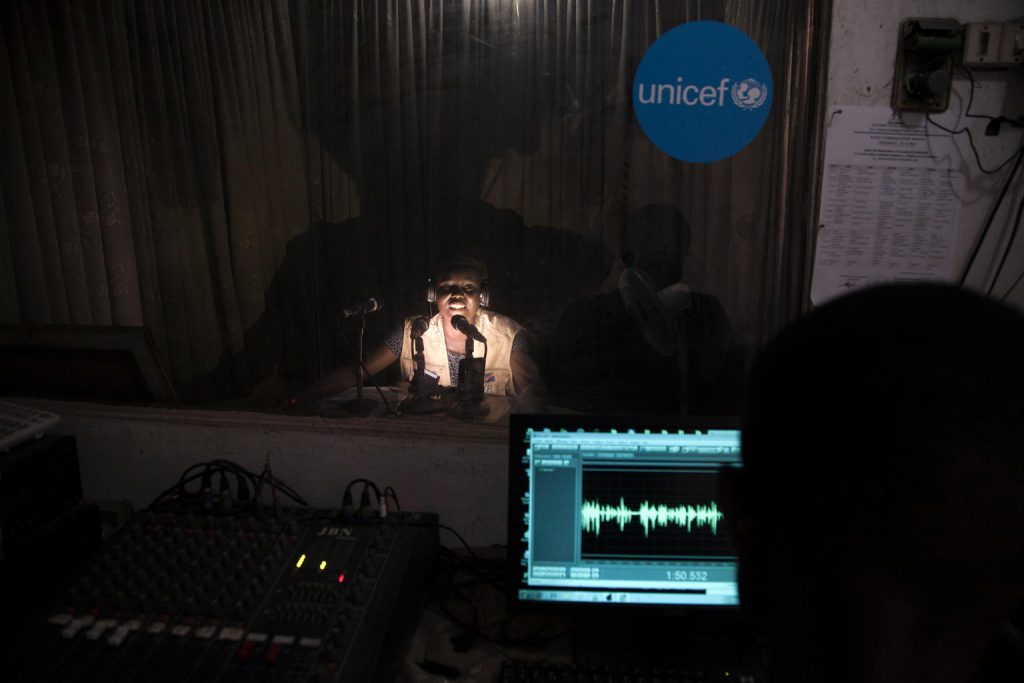Ebonyi State of Nigeria is among the states where the incidence of Lassa Fever has become endemic; and has consequently led to the death of many people including health practitioners in the state. To mobilise the people against the disease, government and stakeholders in the health sector resorted to health literacy campaigns through Ebonyi Broadcasting Corporation (EBBC). The most popular and dramatic of these campaigns is the one that advocates for total stoppage in the consumption of all species of rats. It is titled: bu gunu be unu na ahu? meaning ‘what are you roasting?’
As rat consumption is age long habits of the majority of the Ebonyi people, particularly, those in the rural areas, it becomes incumbent that the effectiveness of the campaign notwithstanding its popularity should be empirically evaluated. Survey research method was adopted for the investigation. Consequently, 380 copies of structured questionnaire were administered on respondents systematically drawn from three rural communities, one each from three senatorial zones of the state.
Using mean computation for the test of hypotheses, the study among others found that though the campaign created awareness of the disease among the people, majority of them do not agree that all rats are potential vectors of Lassa Fever virus, and that, the people’s knowledge and belief about the disease is significantly independent of their exposure to the EBBC campaign. Consequently, the study among others recommended that the framing of such radical health campaign message should be reflective of the people’s culture, and that the campaign should highlight the reason(s) why all rats are considered to be potential vectors of Lassa Fever virus.



